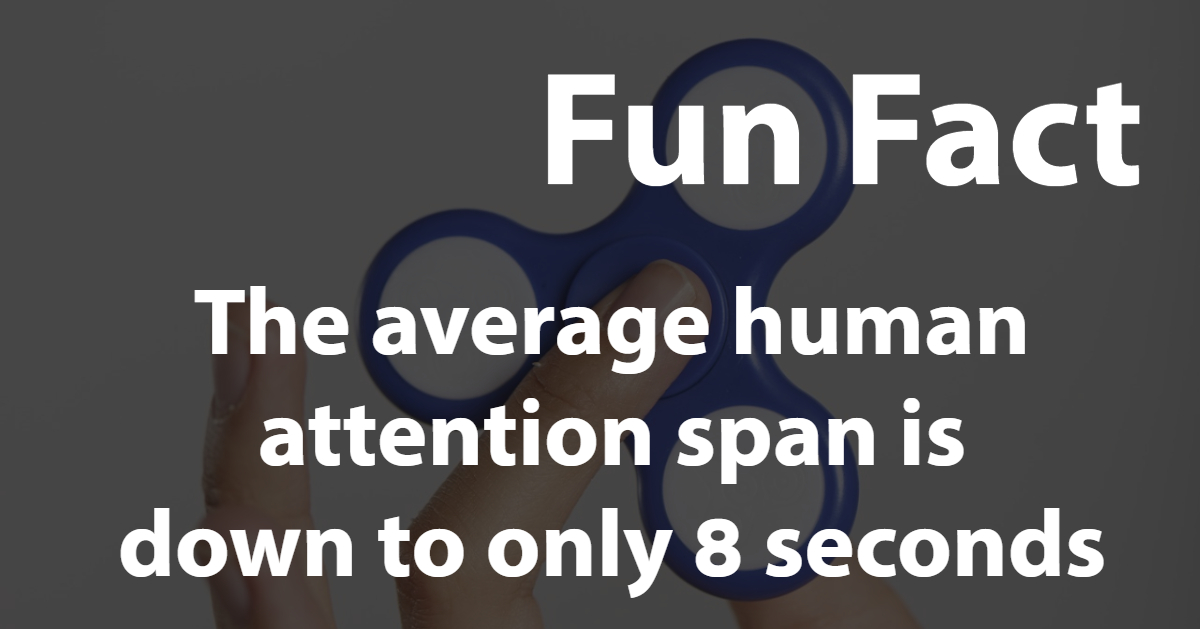
Keep in mind that we are not just talking about good communication skills here. Communication that is effective is the goal. Effective communication produces results and reduces, sometimes eliminating, the risk of miscommunications.
Building effective communication skills is predominantly a matter of breaking old habits and replacing them with new ones. To that end, it is essential to first take a look at what may be preventing you from communicating effectively with your colleagues and team.
Barriers to Effective Communication
Poor Emotional Intelligence
Developing emotional intelligence involves making use of self-awareness, self-management, relationship management, and social awareness. You may notice that these are key skill schools and programs for young children focus on building. The reason for this is that, though not impossible, it is difficult for many of us to train ourselves in these areas later in life. Our emotional intelligence is displayed through the way that we handle our emotions. Even as adults, we still tend to have issues with knowing and understanding our feelings and why we react to others in certain ways. When we don’t keep our emotions in proper view, it tends to spill over into how we communicate with those around us, resulting in misunderstandings and mixed signals.Not Paying Attention
It’s a massive understatement to say that our minds are overworked. The unfortunate side effect of this is that we tend to let our minds wander when others are trying to talk to us. It is impossible to effectively communicate with someone when our attention is focused elsewhere. On top of this, most of our peers usually know when we are not mentally present, leaving them feeling unheard and making it difficult to have successful communications with them in the future.
Fear of Authorities or Subordinates
Both company leaders and subordinates can feel fear when they speak with one another. People who occupy lower levels within an organization may be afraid to show a lack of comprehension of an idea. They may also be afraid of challenging authority when they believe they have a better idea about something. The communication breakdown that results from this type of fear can be detrimental to a company. Good ideas can go unspoken and cause the company to miss out on lucrative opportunities or suggestion. It can also result in increased costs if employees are aware of wasted resources, but are too afraid to speak up. On the other hand, leaders can also struggle with a fear of verbal confrontation with their subordinates and the consequences that may follow. For example, a manager who is afraid of confrontation may delay in firing a bad employee, costing the company money wasting resources. Succumbing to any of these barriers can be impacting your ability to advance in your career and leaving you feeling unfulfilled. However, taking the steps now to practice effective communication can quickly help you recover and get back on the path to success.The Key Components to Effective Communication
As you start to break the habits of bad communication we spoke about, you will start noticing that effective communication really begins with two things; active listening and your awareness of non-verbal cues.

Active Listening
Have you ever been speaking with a colleague and have your boss walk by, talking with someone else about a project you are working on? Your colleague continues speaking, but you are so engulfed in what your boss’ conversation that you don’t hear a word, even though your colleague is physically closer to you than your boss. This is due to the fact that while our ears can hear everything around us, our brains give us the ability to choose what we listen to. This is all part of how active listening works. Active listening largely about how receptive you are to what someone is saying, and how you show them that you are processing what they say. Oftentimes, it may seem like we are listening to what somebody is saying, but we are actually thinking about what we are going to say next. This is usually shown in our actions in the form of interrupting, fidgeting, or glancing around as our peers are speaking.
To practice active listening, try to remember that a conversation should result in one of two things; an exchange of information, or a confirmation of information received.
If your colleague is looking for feedback on a project, show you are listening to their problem or concern by periodically asking questions or for clarification of their issue. Your face should also express genuine interest and your body language should indicate an open position. If you are actively listening, you will not be facing a screen, writing a document, or engaging in other activities while your colleague is speaking. Likewise, if you are being given information, make sure you are restating what was said to you as a confirmation that you were truly listening.
Part of active listening also takes into account how a speaker is communicating with their body. What sort of body language are they using? Are they using hand gestures? Do they make defined facial expressions when they are speaking? All of these are clues will give you valuable insight into how your team or colleague truly feels about a project or assignment. In business communications, there is often more that is unsaid than is said. Active listening will help you identify hidden issues or problems that you can then seek to bring to the fore front.
Awareness Non-Verbal Cues
Some studies have found that, as a whole, the majority of communication is done using non-verbal cues. Paying attention to body language and facial expressions are key for leaders in a business setting.
Think about your last business meeting. In this type of setting, there is typically one individual presenting, while everyone else listens. The presenter must be able to read the expressions and body language of those in the room in order to know how well his information is, or isn’t, being received. Without noticing the confused looks on an employees face, the presenter may gloss over points that require more attention, resulting in miscommunications about the project or deal discussed down the line.

Effective Communication Is a Lifelong Process
There is always room for improvement. As you grow in your career, how effectively you communicate will evolve. By starting down the path of improving your communication skills, your business and personal relationships will strengthen and become closer.
In all communications, you should sincerely intend to understand those you are interacting with. Help the person feel that their voice is important and meaningful. Look at things from their point of view. This will help you truly understand their perspective and position of awareness.
All of your relationships, whether they are at work or at home, will benefit from you becoming more conscious of the way you express yourself and how receptive you are. Mastering effective communication is a lifelong process that is well worth the effort you put into it.


Recent Comments